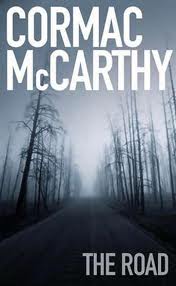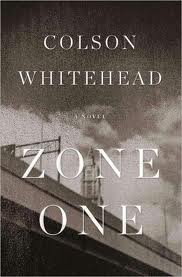Use Theme to Guide Your Story
Biff Barnes
Stories are “…one of the primary sculpting forces of individuals and societies,” says Jonathan Gottschall in his new book The Storytelling Animal: How Stories Make Us Human.

What gives stories their power lies below the surface. There is the level involving what the characters do and say as the events of the story’s plot unfold. But the deeper thematic level that poses the question, “So what?” explores the insights about life and the human condition a reader may draw from what’s happening on the surface. Whether your book is fiction or nonfiction, developing its theme is at least as important as planning its storyline.
In fiction you may create events to demonstrate a particular lesson to be learned or truth to be understood. Genre fiction often dictates the book’s theme. A mystery must present the quest for justice. A romance must explore the search for true love. But what elevates a book to a more literary level is the nature of the theme its author chooses to explore.
Let’s examine the different direction in which thematic considerations carried three of our greatest novelists in writing about post-apocalyptic events. Cormac McCarthy won the 2006 Pulitzer Prize for The Road. It’s the story of a father and son traveling through a world devastated by an unnamed cataclysm. The events of their journey reflect a counterpoint between the son's compassion and empathy and the father’s focus on self-interest and survival. But ultimately it is a story of love and trust between the father and son which allows the boy to survive against all odds and offers a hint of the possibility of renewal. Margaret Atwood in The Year of the Flood deals with a world tumbling toward catastrophe resulting from climate change and genetic experiments gone awry. Her focus is upon the kinds of values and people that might offer the hope of redemption from the biological disaster. Colson Whitehead in Zone One writes about a world in which an unnamed plague has turned most of the populace into zombies. Despite the pop cultural reference to zombies, Whitehead explores a serious theme, the ways in which our society seeks to impose meaning on the void. But he finds that there is no meaning. As Whitehead's hero quips, “Hope is a gateway drug, don’t do it.”

If the novelist can create events to develop a theme, the nonfiction writer must discover the theme which emerges from events which have already transpired. What insight is to be drawn or lesson learned from those events? As in fiction this can take author’s in vastly different directions. Joan Didion lost both her husband, novelist John Gregory Dunne, and her daughter within a year of each other. She explores mortality in two books The Year of Magical Thinking and Blue Nights in which she comes to realize that there is nothing to mitigate the loss of her loved ones which must simply be accepted as part of the natural order of things. From the same starting point – coming to terms with mortality - novelist Paul Auster created a new memoir Winter Journal. "Perhaps it is just as well," Auster writes, "to put aside your stories for now and try to examine what it has felt like to live inside this body from the first day you can remember being alive until this one." The result is "[a] catalogue of sensory data. What one might call a phenomenology of breathing."
In planning your book you need to recognize the importance of getting to the deeper level of theme and letting it shape the way you actually tell your story.